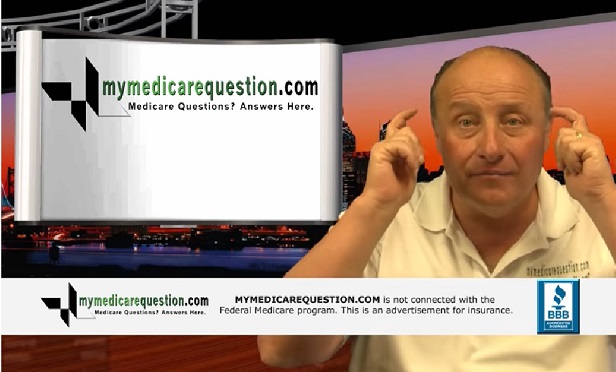
 Scott Nichols (Image: Scott Nichols/YT)
Scott Nichols (Image: Scott Nichols/YT)
Scott Nichols has updated an old professional services marketing strategy for the modern Medicare plan sales era.
Years ago, agents who wanted to attract attention in their communities might have tried to write columns for local newspapers, or appear on talk shows on local radio stations.
Today, agents have another way to build their brands: Putting consumer education apps in mobile telephone app stores.
(Related: Why Mobile Insurance Marketing Is a Must)
Agents with functional, virus-checked apps can avoid struggling to court newspapers' gatekeeper editors, or radio stations' gatekeeper managers. But, to get to that stage, an agent has to figure out how to make an app.
Nichols, the president of the Cincinnati-based S.A. Nichols Brokerage, has a solution: Agents can put their contact information in his company's mobile app, MMQ APP.
Nichols' company has been producing a series of Medicare education web videos, for the MyMedicareQuestion YouTube channel, since 2015. A month ago, for example, the company posted a video about the Medicare card shift.
The company added a free mobile app, the MMQ APP, in 2017. The company offers a Spanish-language version as well as an English-language version.
Consumers who download the app can use a list of questions to get to videos that answer the questions. One question leads to information about how to get a Medicare plan quote.
Agents can work with S.A. Nichols to get an agency-specific version of the app.
Consumers who were not referred to the app by agents can use an agent finder tool.
Nichols said in a recent interview that he thinks of the website and the app as educational tools, not lead-generation tools. His company is not selling consumers' or agents' contact information to anyone.
But Nichols said he thinks offering the app to clients and getting a listing in the app agent directory are good ways to form connections with consumers. "It gets agents out and communicating," Nichols said.
Here are seven things Nichols discovered from creatng the app.
1. People like apps.
Most consumers who watch MyMedicareQuestion videos these days are coming in through the app, Nichols reported.



